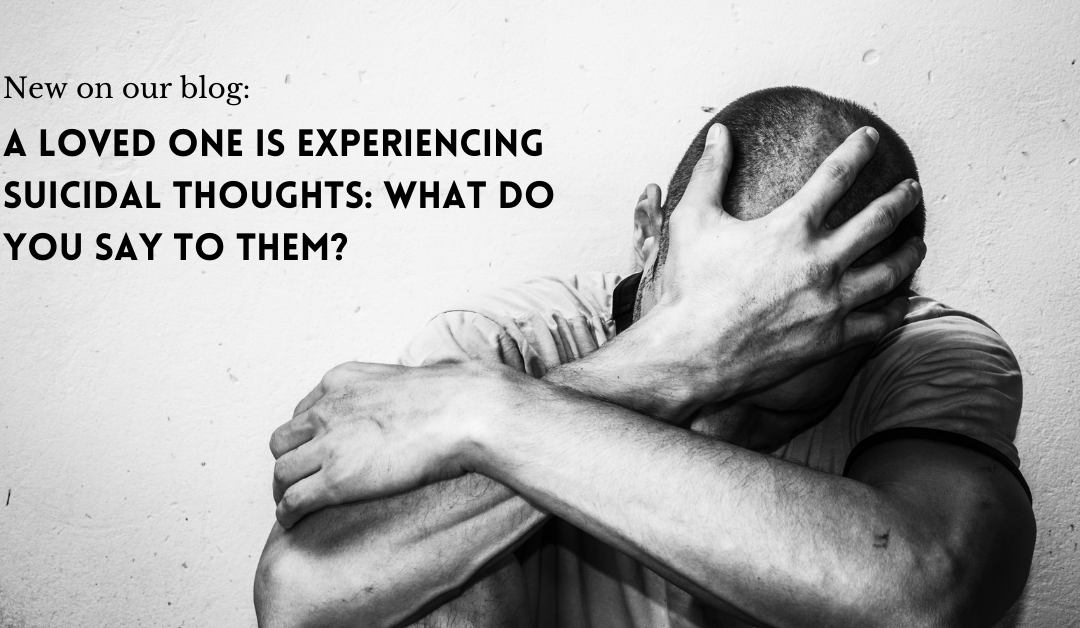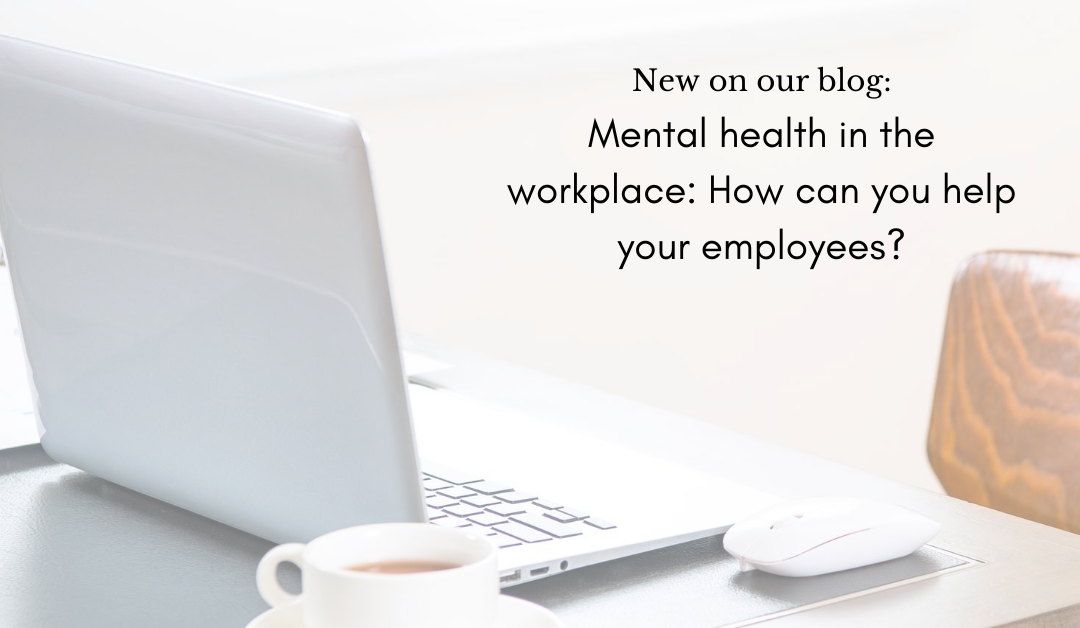
by Sara Hart | Dec 21, 2020 | Blog
Although 2020 has been a whirlwind of events and emotions, we remind ourselves that there were still several moments of joy, triumph and happiness. South Bay has had numerous uplifting experiences that made us grateful for the work we do and those we serve in our communities. To round out the year, we’ve gathered a few of our team’s top memories from 2020.
From Saida A.
My most notable moment from 2020 was when a client said, “I was so happy the whole week since my last session. I was eagerly awaiting the next appointment to hear your voice because I was already relieved of the woes from previous years.” I felt the importance and value of what we do.
From Laura N.
I’ll never forget my program director’s endless efforts to ensure our Early Childhood team had Zoom after-hour gatherings. She introduced us to Houseparty, and we enjoyed some great trivia games. Even some family members joined in on the fun!
From Christina A.
One of my favorite team meetings from the past year was when I logged onto Zoom, and a few family service providers from South Bay joined the team meeting. Instead of showing themselves, they used …

by Sara Hart | Nov 25, 2020 | Blog
Remaining thankful amid growing stressors in a year like 2020 can feel like you are swimming upstream – we understand. Among racial unrest, high unemployment, catastrophic weather, a stressful election season and a pandemic, tensions were high this year. Did you know that being mindful and showing gratitude in times of stress and disaster has scientifically proven to help your mental and physical health? We encourage you to choose gratitude this holiday season, as allowing yourself to have a grateful mind can positively impact your mental health and well-being. Here’s how to get started!
Remember the difficult times
Although this may seem counterintuitive, there’s a helpful thought process behind it. Think back to tough times in your life. Then, remember that you are still here. You’ve made it through stressful events, but here you stand – on the other side of it all. You’re stronger than you think.
Reframe your situation
While it’s important to remember that we shouldn’t ignore or deny pain during difficult times, we can reframe the way we approach the way we view situations. A new, fresh perspective on various aspects of life can jolt us into a better mindset. You might not be in charge …

by Sara Hart | Nov 10, 2020 | Blog
While preparing for deployment, many families tend to focus on the logistics, finances and preparations – which are all valid tasks to complete. However, it’s equally important to remember that your children will need mental and emotional support and guidance throughout your deployment. Routines will be altered, quality time with family will look different and many changes will occur. As we honor military families this Veteran’s Day, we offer advice on how to prepare for the deployment cycle.
Pre-deployment
It’s important to invest ample time and effort into your pre-deployment plans, as they will help set guidelines while one parent is away. First, prepare yourself for the emotions and questions your children may have. Speak to other parents who have experienced similar situations and ask for advice on how to go about these situations. Also, discuss with your partner the best possible way to explain deployment to your children, especially if they’re younger. While your children may have fears for the upcoming changes, remember that open communication is a great way to express and process concerns, emotions and plans. Speak with them about their emotions; share plans for regular communication; and discuss changes that may occur.
While deployed
For the …

by Sara Hart | Oct 15, 2020 | Blog
Fear is a very real threat when it comes to your recovery journey. For some, the thought of attending a counseling session isn’t easy. In fact, it can feel terrifying. Several frightening thoughts might run through your mind as you consider reaching out for help. While this is completely normal, it’s important to take control of these thoughts. We’re here to help you combat them. Below, we offer advice on how to overcome common fears you may have when deciding to start down your path to recovery.
“There’s something wrong with me.”
There’s a stigma placed on mental health – a common misconception that seeing a clinician means there’s something “wrong” with you. We disagree. Asking for help indicates you are taking control of your life and of your mental health. While this can be scary, the things that often scare us are great opportunities for us to step up and grow.
“My clinician will judge me.”
Judgement in any shape or form is not tolerated in counseling sessions. Clinicians have a passion to serve, and they work day in and day out to help those who need them most work toward self-sufficiency and wellness. No struggle you face will …

by Sara Hart | Sep 11, 2020 | Blog
When someone you know exhibits suicidal behavior, it can be difficult to know what to say – talking about it openly or intervening can feel as if you’re making matters worse. However, there are steps you can take to help those you love overcome difficult times. As we recognize Suicide Prevention Month, we’ve outlined a few ways you can help and support those experiencing suicidal thoughts below.
Understand where their pain is coming from.
Sometimes, those who think about suicide don’t want to end their life – they want to find a way to escape the repeating cycle of their pain and distress. Tunnel vision on hopelessness and lack of alternatives can drive people to feel the only way to escape it is by ending their life. Also, guilt can make them feel as if they’re a burden to those around them. Let it be known that you want to understand where these feelings are stemming from, and you will stand by them as they find alternative ways to overcome those emotions.
Recognize that social perfectionism and societal expectations have a hand in suicidal thoughts.
We feel the pressures of societal standards every day. These can weigh heavily on us, as …

by Sara Hart | Aug 28, 2020 | Blog
The COVID-19 pandemic – along with ongoing racial injustice unrest and an economic roller coaster – has put our nation in a state of uncertainty, giving anxiety and depression an opportunity to blossom. In a recent study by Qualtrics, 42% of those surveyed said their mental health has declined since the pandemic began. There is no better time than the present to prioritize mental health in the workplace, as mental well-being among employees should be a top priority within the ranks of company leadership. We provide a few tips on how to prioritize your employees’ mental health below.
Communication is key.
It’s important to communicate often and explicitly with your employees. Over-communication is actually encouraged when it comes to expectations and updates, as this will provide reassurance and direction to your team in their time of need. Also, be open and honest with your team during this time. Sharing your experiences and normalizing mental health challenges forms a connection with your employees. New stressors are arising in each of us, so it’s important that those in influential positions show vulnerability and promote support. This authentic approach establishes trust and can improve overall employee performance and engagement with leadership.
Check …






